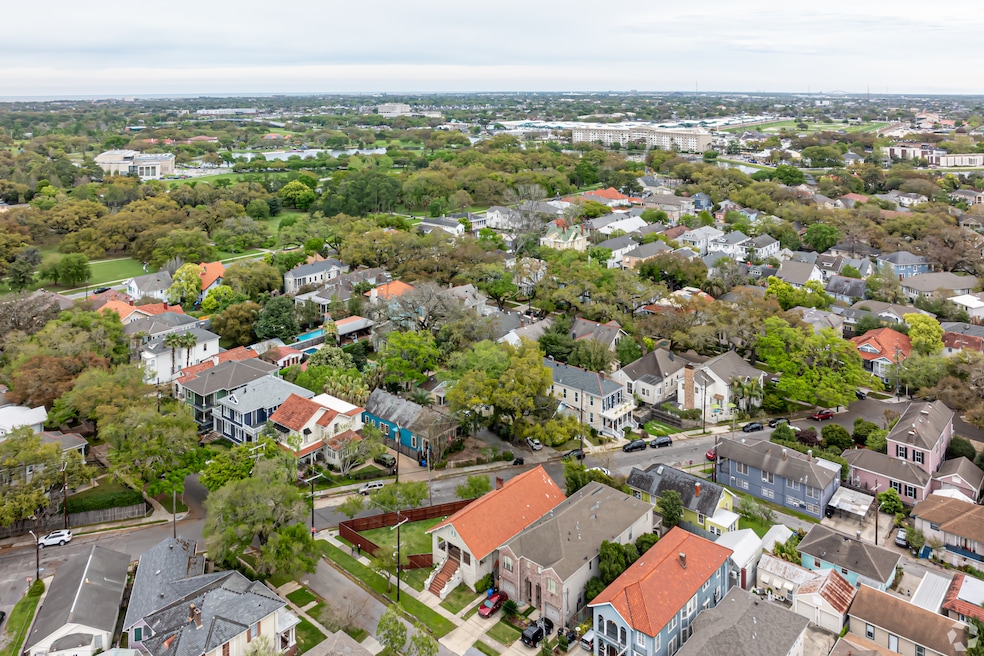If Leslie Roark Scott had it her way, her two sons would live with her forever.
The 52-year-old and her husband live in Yazoo, Mississippi, but they recently put in an offer on a New Orleans house with three apartment-like units. It was a decision partly driven by the desire to support their two children, ages 15 and 21, she said.
“What I needed was a place where my kids could thrive and where we could all be safe, where we could be together, and where they could spread their wings and just be who they are,” she said, describing her recent home shopping experience in an interview.
Scott’s pursuit is part of a growing trend among homebuyers born between 1965 and 1979. More Gen Xers are buying multi-generational homes as their adult children struggle with the cost of living and their aging parents need a place to live, according to a new report released by the National Association of Realtors. The report uses survey results from homebuyers who made a purchase between June 2023 and July 2024.

Though Gen X has the highest median household income at around $130,000, according to the report, finding homes that can accommodate family can be difficult.
“Gen Xers are today’s sandwich generation,” said Jessica Lautz, NAR’s deputy chief economist and vice president of research, in a statement. “They are purchasing multigenerational homes to accommodate aging relatives, children over the age of 18 and even for cost savings...They may still feel the squeeze as they aim to find a home that serves everyone.”
Parents are helping their children afford housing
The report found that 17% of homebuyers purchased a multigenerational home, up from 14% the previous year. Gen X buyers were the most likely to buy a house that could fit family, with 21% opting for a multigenerational residence.
Many chose the path to deal with the rising cost of housing. Since 2020, the average price of a single-family house in the United States has climbed roughly 50%, according to the S&P CoreLogic Case-Shiller U.S. National Home Price Index. Scott considers herself lucky compared to the price of housing her children face.
“I jumped out of college and immediately started taking care of myself,” Scott said, “but that was in 1995, and things were very different.”
Scott’s oldest son is about to start out on his own. He has a year or so left in culinary school. He’ll spend this summer interning in New Orleans, and he plans to live in the new house with his girlfriend. The space will be there for him after graduation, too.
“The plan is, once they’re done and settled into jobs, they’ll just stay there as long as they want to,” Scott said, referring to the new house.
Other homebuyers cited a desire to care for aging parents and adult relatives as the driver behind their purchase, or figured it was the best way to afford the house they wanted.
As for Scott's younger son, though he’s only 15, she said he already has a feeling he’s going to be living with his parents for some time.
“He’s like, ‘In this economy? I’m going to be with you forever,” she said.
Baby boomer buyers outpace millennial buyers
The National Association of Realtors data revealed other findings as well. The share of baby boomers buying houses has surpassed the share of millennial homebuyers, defined as buyers between 26 and 44 years old. Lautz said that was a “plot twist” because millennials make up the largest share of the U.S. population.
While baby boomers accounted for 42% of all homebuyers, millennials accounted for just 29%, down nearly 10% from the previous year, according to the data.
The older buyers were more likely to buy a home with cash. Meanwhile, more than 90% of homebuyers 44 years old or younger relied on financing for their purchase.
And of that group that relied on financing, older buyers had more flexibility than younger buyers, according to Lautz.
“Older millennials are buying bigger and newer homes with larger down payments than their younger counterparts,” she said. “This shift reflects the increasing role of equity in enabling repeat purchases, especially among older generations, while younger buyers continue to face affordability challenges.”
